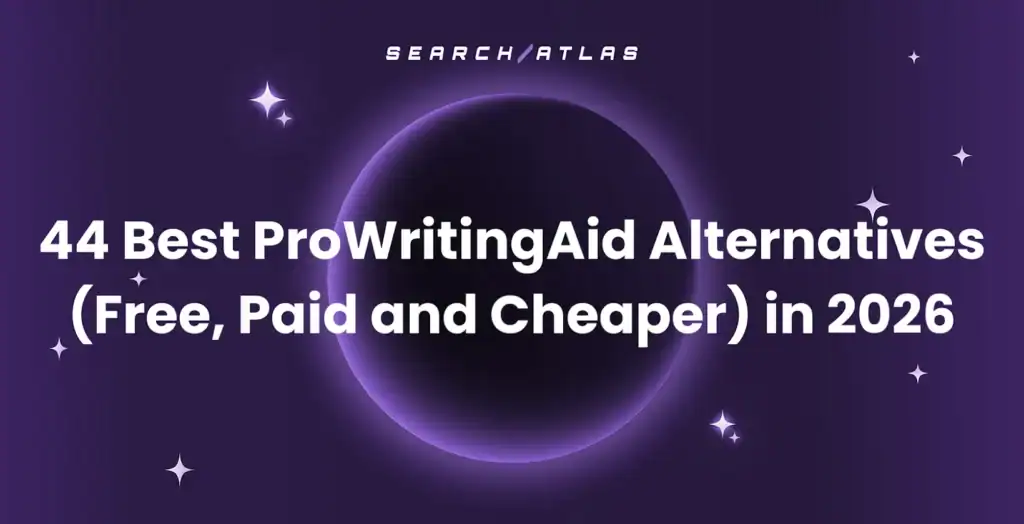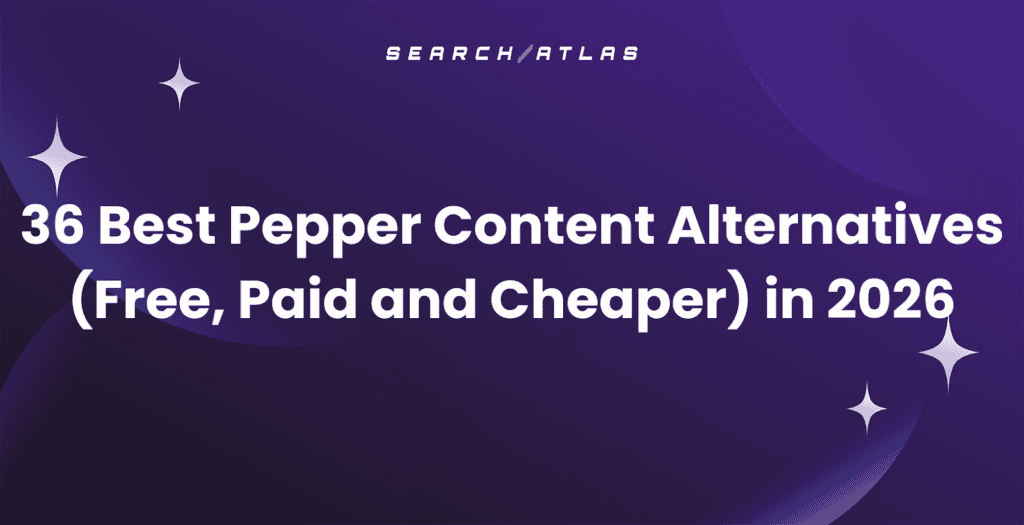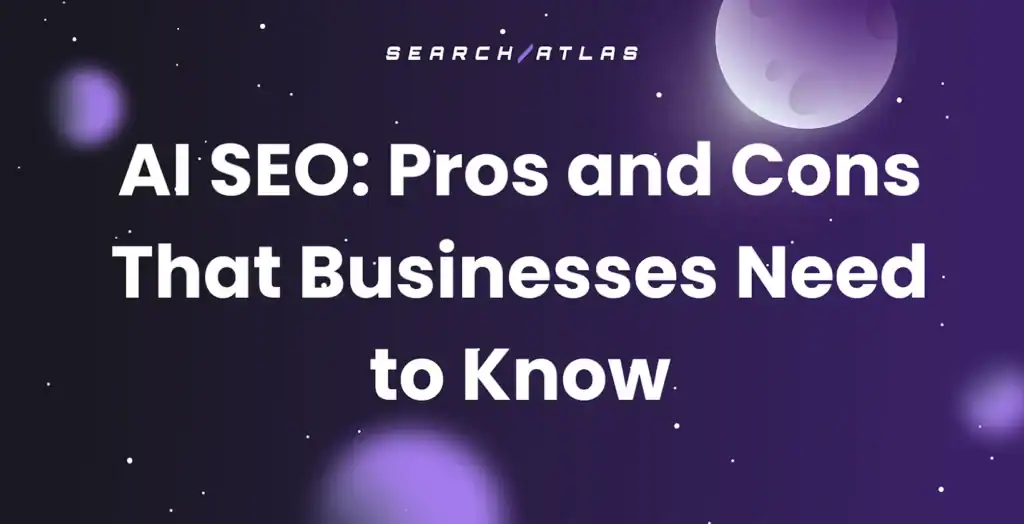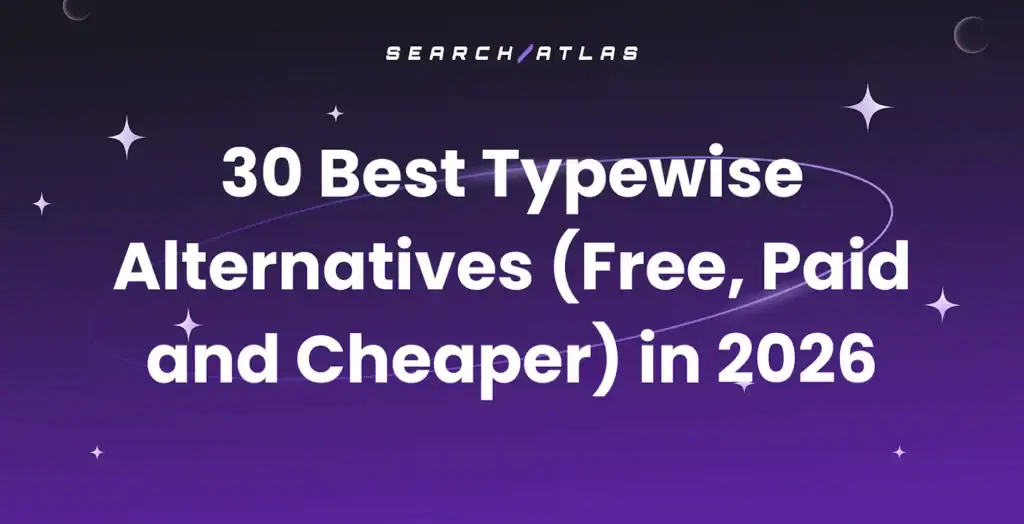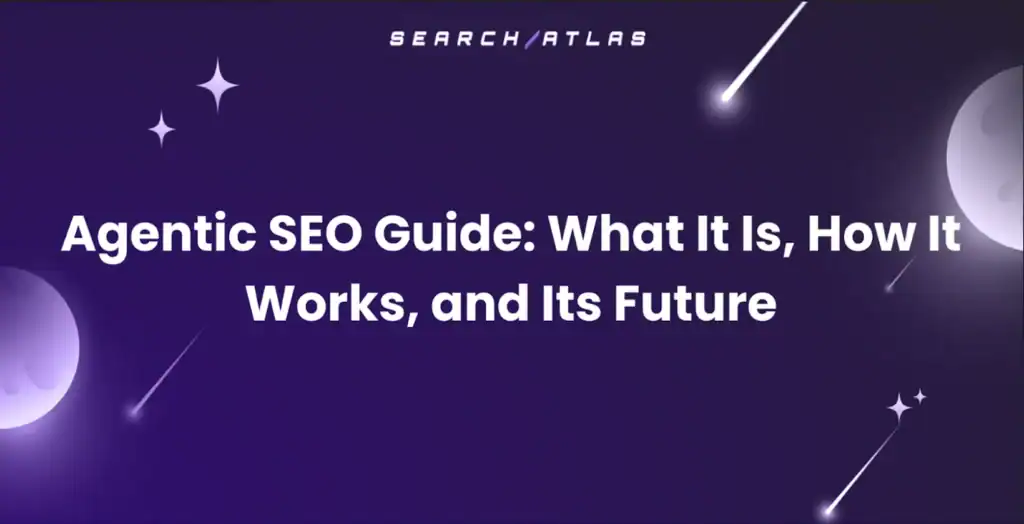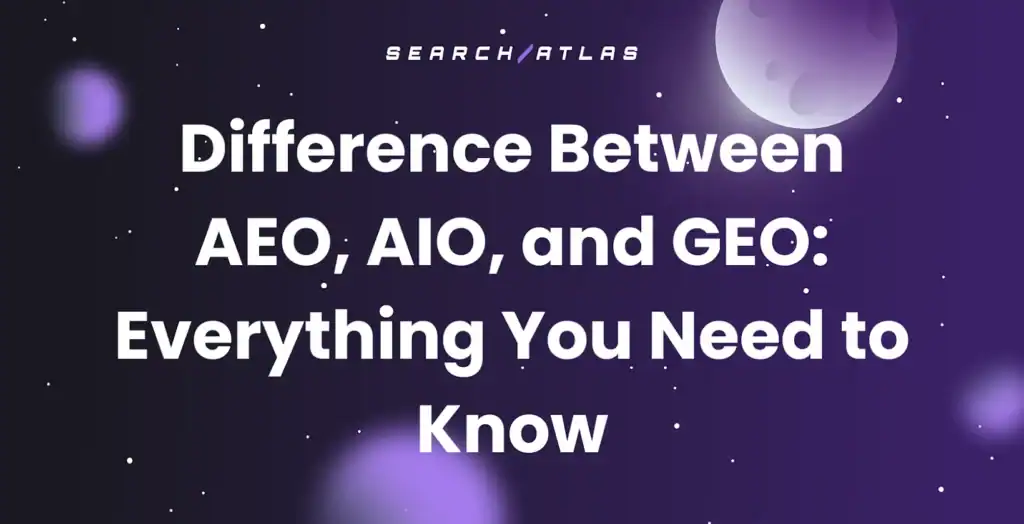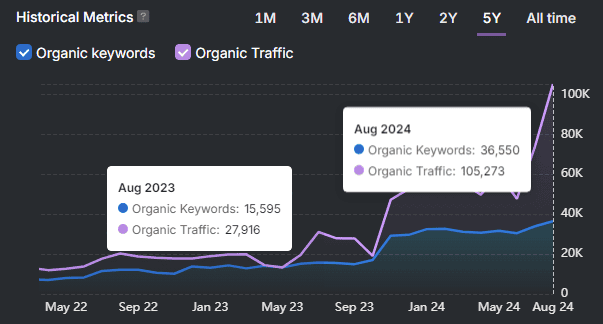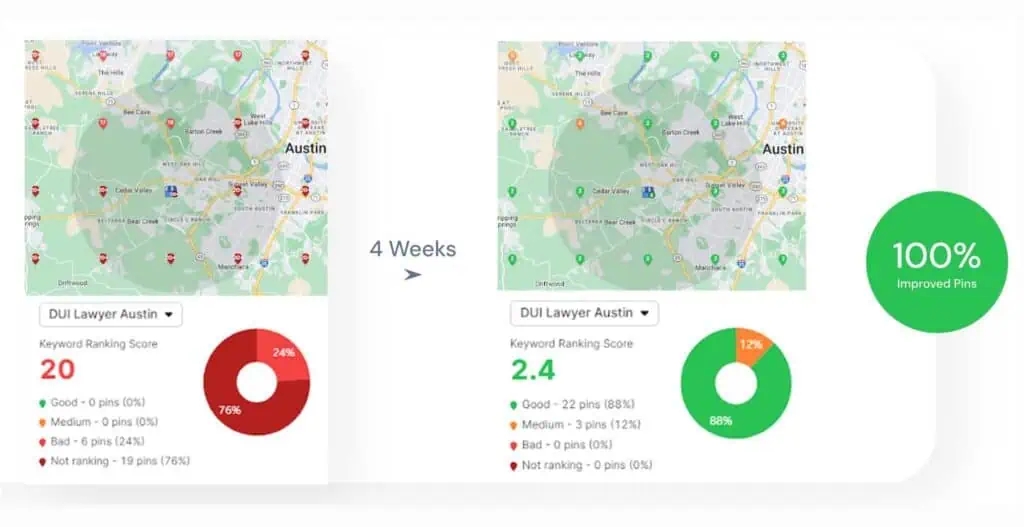Due to SEO’s complexity, learners often don’t know where to start, while plenty of sources repeat outdated or incorrect information. For this reason, we created an SEO learning roadmap based on our experience in the industry, as well as case studies encompassing hundreds of websites.

Learn the Basics
Our approach to SEO is based on evidence and continuous testing, so this roadmap contains the latest information in the industry. We will explain how search engines like Google work and how to approach SEO through new info based on testing and reverse-engineering Google leaks data.
How Search Engines Work
Search engines operate through a systematic four-step process to deliver relevant results to users.
1. Discovery and Crawling
Search engines deploy automated programs called crawlers (also known as bots or spiders) that systematically browse the internet. These crawlers follow links from page to page, discovering new content and updates to existing pages. Their primary function is to gather web content for processing and storage.
2. Organization and Indexing
Discovered content gets stored in a massive database called the “index”. The index is essentially a searchable catalog of web pages organized by keywords, topics, and other identifying factors. This index allows search engines to quickly retrieve relevant pages when users submit queries.
3. Assessment and Entity Recognition
Search engines use Named Entity Recognition (NER) to classify content elements like people, organizations, locations, and other specific entities. This natural language processing technique helps search engines understand content context and user intent more accurately.
4. Ranking Process
Google employs a two-phase ranking system. Initial Document Ranking (IDR) assigns provisional positions to new content based on immediate signals like metadata quality and crawlability.
The re-ranking phase then refines these positions using additional criteria, including duplicate content filtering, user engagement data, topical authority assessment, and source trust verification. This dual-phase approach ensures search results remain relevant, high-quality, and trustworthy for users.
The Holistic SEO Framework
Based on our research, we created a framework for website optimization that contains 4 major factors. This framework is called holistic SEO or ACTX (authority, content, technical SEO, user experience). And while this framework is new, it is still based on years of experience, testing, and best practices that bring consistent results.
Authority
Site authority is a measurement of your site’s credibility and trustworthiness in its niche. The higher your site authority, the more likely you are to rank. This is because search engines want to provide the best, most trustworthy results to their users.
So what factors affect your site’s authority? There are quite a few, so we’ll list them below.
- Backlinks: Links from other websites pointing to your site that signal credibility and authority to search engines.
- Brand Mentions: References to your brand name across the web, even without direct links, which help establish brand recognition and authority.
- Link Credibility: The principle that high-quality, relevant links from authoritative sources carry more SEO weight than numerous low-quality links.
Building strong backlinks is one of the most important SEO tasks, with different strategies including the skyscraper technique, creating organic link magnets, and more.
Different platforms have different metrics to measure authority, so you often hear about Domain Rating (DR) or Domain Authority (DA). We have deep respect for these metrics that have served SEOs for years. However, we did a bit of testing and included new search factors that we discovered along the way to create a new, more accurate metric called Domain Power (DP).
Content
The next pillar of holistic SEO is content. Google prioritizes content that best satisfies keyword intent (what users want to get from the search). We will briefly cover what good content means for both users and search engines.
First, your quality of content needs to be high, which includes metrics like freshness, information gain, structure, and others (analyzed by the Scholar tool).
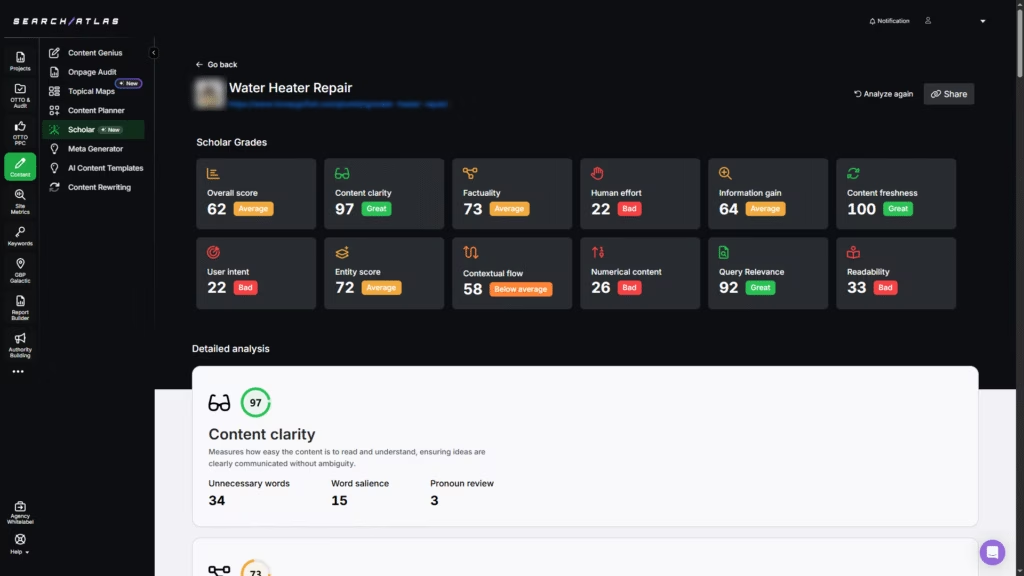
Second, the content must also satisfy Google’s E-E-A-T standards.
- Experience: Content creator demonstrates first-hand, practical experience with the topic through personal involvement, direct usage, or lived encounters with the subject matter.
- Expertise: The author possesses relevant knowledge, skills, qualifications, or credentials in the specific field or topic being discussed.
- Authoritativeness: The content creator and website are recognized as a trusted, reliable source within their industry or subject area by peers and users.
- Trustworthiness: The content, author, and website demonstrate reliability, transparency, accuracy, and legitimacy through clear sourcing, contact information, and honest representation.
And the third and most recent factor discussed in SEO circles is topical authority.
Topical authority is exactly what it sounds like: your website’s authority on a given topic or niche. To build it, you need a tight network of related pages organized through high-quality topic clusters. You need to thoroughly cover a topic through a series of pages that are connected with consistent internal links.
Search Atlas measures this fact through a metric called Topical Dominance, which compares your sites to competitor sites based on how well you cover specific topics or broad subjects.
Finally, content needs to be created on top of solid keyword research to actually respond to relevant user queries and solve common problems. You use tools like the Keyword Researcher to find and analyze which terms you will target in your content and how you will create a strategy.
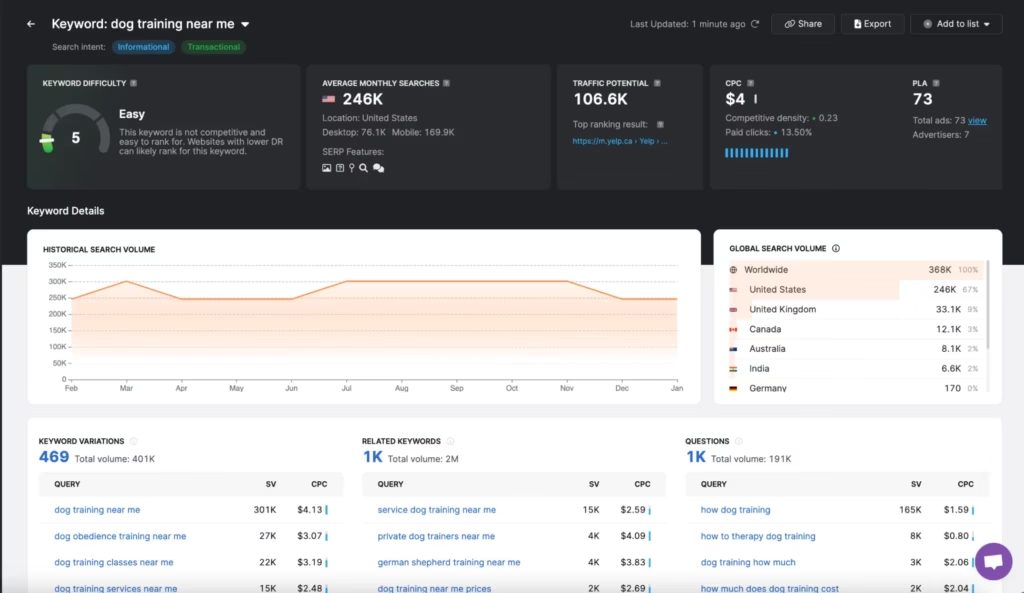
Technicals
The next pillar of holistic SEO is Technicals, or the website’s technical performance. What we mean by technical signals includes:
- Accessibility: Ensuring website content is usable by people with disabilities through proper HTML structure, alt text, keyboard navigation, and compliance with WCAG guidelines.
- Crawlability: The ability for search engine bots to discover and navigate through all pages of a website via internal links, sitemaps, and proper site architecture.
- Indexability: Allowing search engines to store and include web pages in their search results database without blocking directives like noindex tags or robots.txt restrictions.
- Security Compliance: Implementing HTTPS encryption, secure protocols, and protection measures that meet search engine requirements for safe user browsing and data protection.
User Experience (UX)
SEO user experience signals show search engines how people interact with websites. Key signals include click-through rates (how often people click search results), time spent on pages, bounce rates (people leaving quickly), and pogo-sticking—when users click a result but immediately go back to search because they didn’t find what they wanted.
Google uses systems like the Navboost Algorithm and Real-Time Engagement system to change search rankings based on how people actually behave on websites. It takes a lot of analysis and experience to understand and resolve SEO user experience issues, making it one of the most common SEO mistakes for beginners.
Learn how to track it with SEO tools and improve key UX parameters to raise your rankings. Solid UX also improves conversions so it’s essential to your business strategy.
Put Your Knowledge Into Action
There’s a lot of trial and error in SEO, and it can get pretty abstract until you get some hands-on experience. Our suggestion is to get acquainted with SEO tools and start testing your knowledge on your website.
Learn How to Use SEO Tools
Effective SEO requires the right tools to measure performance, research opportunities, and track progress. While you can start with free options, investing in professional tools often provides deeper insights and saves time. Here are the essential categories every SEO practitioner should master.
Google Analytics and Search Console
Google Analytics shows how visitors find and use your website, tracking organic traffic, user behavior, and conversion goals. Search Console reveals which keywords bring traffic, identifies technical issues, and shows how Google sees your site. They have a learning curve, but these free tools provide essential data for measuring your SEO performance.
Keyword Research
Professional tools reveal keyword difficulty, search volumes, and competitor strategies, helping you find profitable content opportunities. Free alternatives include Google Keyword Planner and Answer The Public for basic research. These tools help you understand what your audience searches for and identify gaps in your content strategy.
Search Atlas offers a course on using keyword research tools that helps marketers analzye competitor keywords and create a winning strategy.
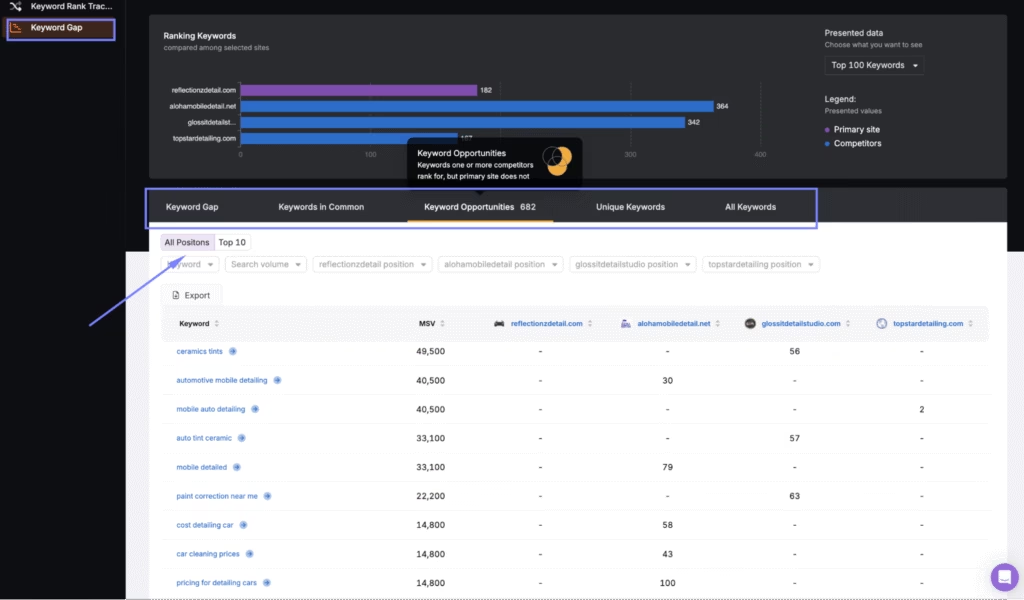
Content Planning Tools
Learning how to create a content strategy and plan used to require much more manual labor. Beginner SEOs today have better tools at their disposal, which automate the process by creating topic clusters from a single seed keyword. These tools, like the Content Planner, save time and show you what a well-optimized plan looks like in minutes.
Page Speed Testing Tools and Mobile-Friendly Checkers
Google PageSpeed Insights and GTmetrix analyze loading times and provide specific improvement recommendations for faster websites. Mobile-friendly testing tools ensure your site works properly on phones and tablets, which is crucial since most searches happen on mobile devices. Faster, mobile-optimized sites rank better and keep visitors engaged longer.
We also provide training on this technical aspect, with tools like Site Auditor that automate site health tracking and monitor your performance.
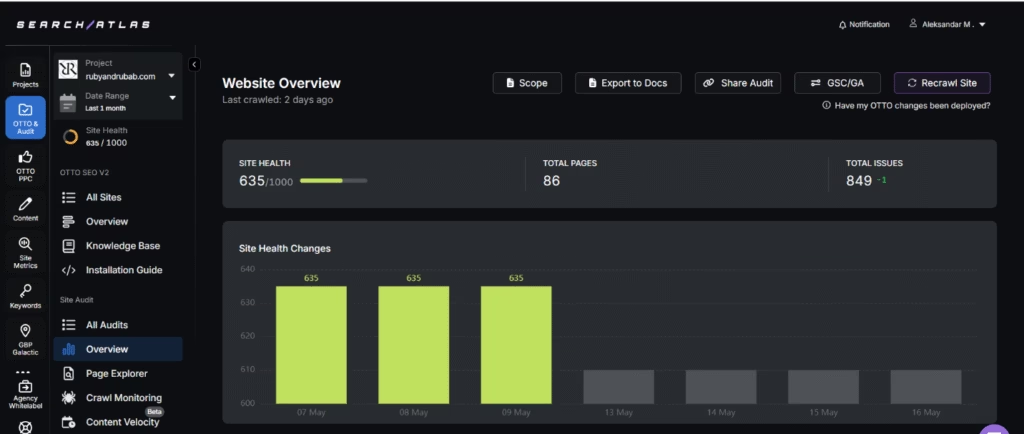
Rank Tracking Software
Rank tracking tools monitor where your pages appear in search results for target keywords, showing progress over weeks and months. They help identify which content strategies work, when algorithm updates affect rankings, and which competitors are gaining ground. Learning how to use them is key to creating an ongoing SEO strategy and proving ROI to stakeholders.
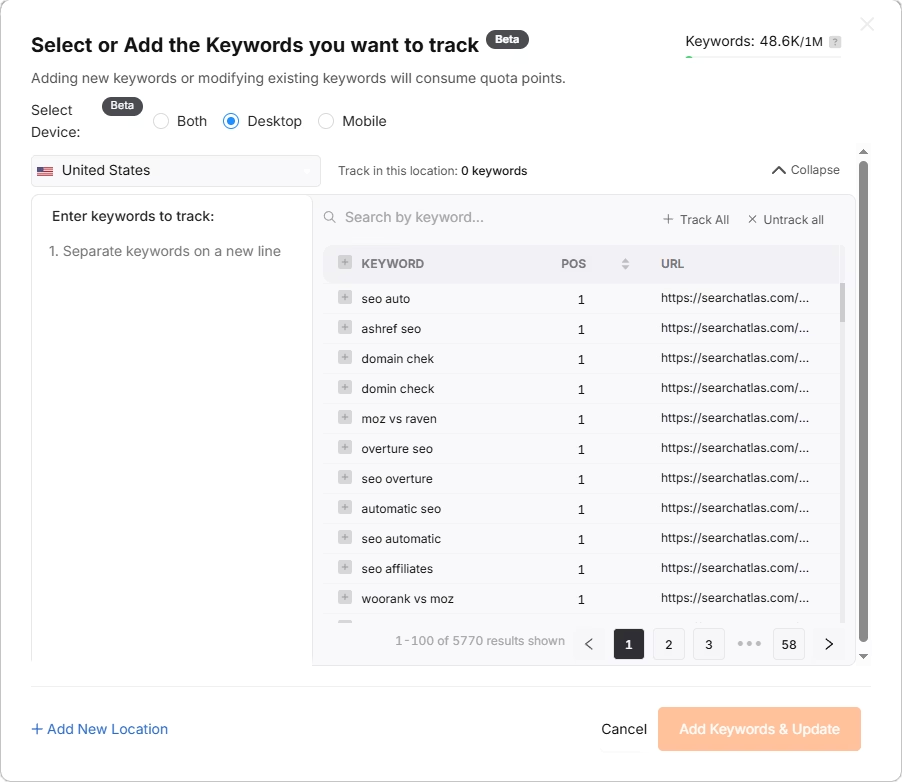
Monitor Performance
Set up automated monthly reports showing key metrics like organic traffic, rankings, and conversions
Automated reports save time and ensure consistent tracking of important numbers like website visitors from search engines, keyword positions, and actual business results. Set these up once in tools like Search Atlas Report Builder, then receive regular updates without manual work. This consistency helps spot trends and problems quickly.
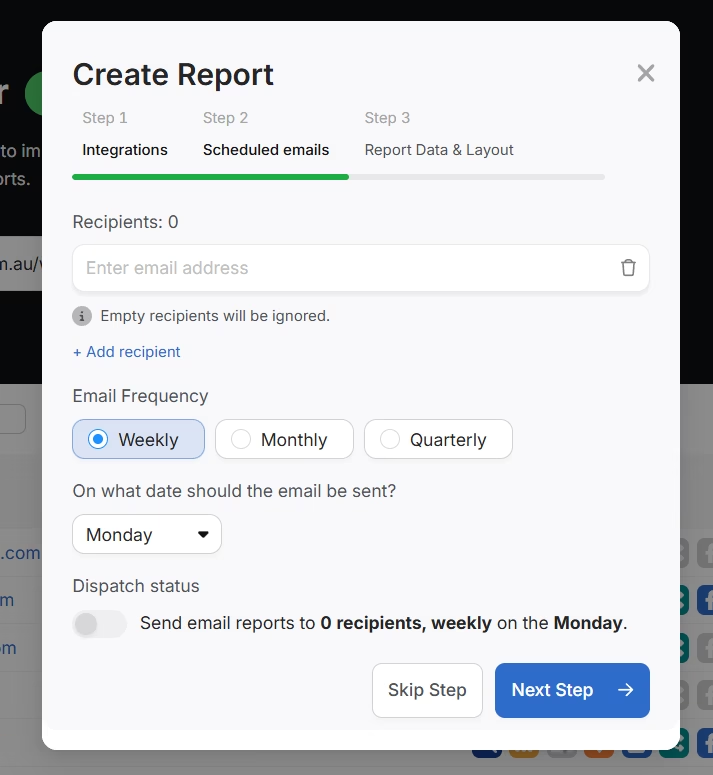
Create Simple Dashboards
Visual dashboards make it easy to see what’s working and what needs attention at a glance. Use charts and graphs to show traffic growth, top-performing pages, and declining keywords. Keep dashboards clean and focused on the most important metrics rather than overwhelming viewers with too much information.
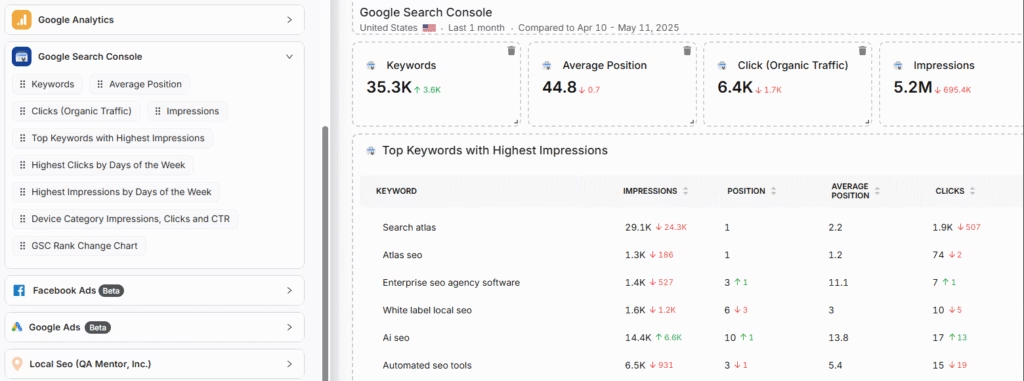
Track Progress Against Specific Goals Rather Than Vanity Metrics
Focus on metrics that actually impact your business, like leads generated, sales from organic traffic, or qualified phone calls. Avoid vanity metrics like total page views or social media followers that look good but don’t necessarily mean business success. Set clear targets and measure whether SEO efforts help achieve them. If you plan to work for local businesses, it’s especially important to learn how to use a local search grid.
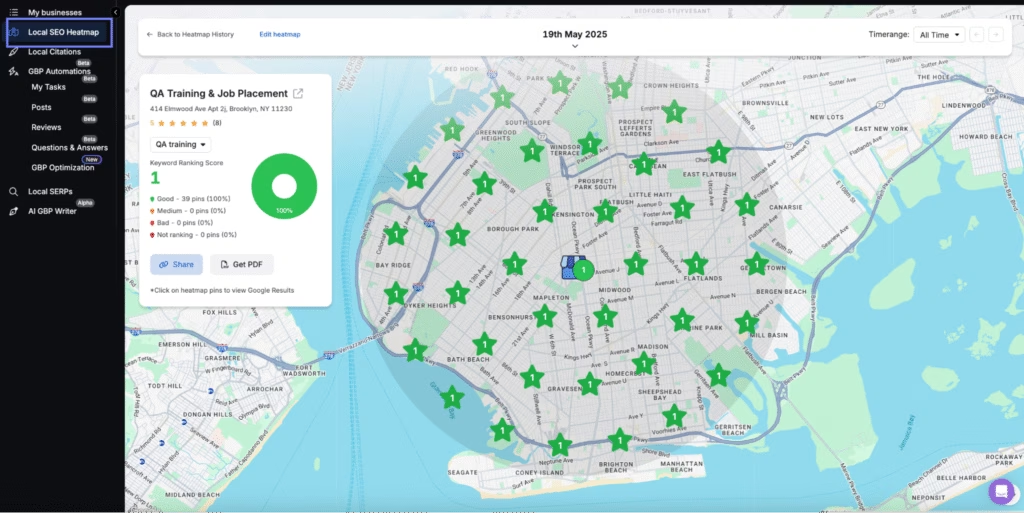
Keep Learning and Evolving
With SEO, you can never stop learning, as algorithms and rules change, new features like AI search appear, and the landscape in each industry shifts depending on the market. And once you learn basic SEO skills, you can specialize in areas such as local SEO to improve your competitiveness as a marketer.
Learn About More Niche SEO Topics
Learning specialized SEO areas like AI SEO services, local SEO, international SEO, and ecommerce SEO opens up higher-paying career opportunities and makes you more valuable to employers. Each niche has unique challenges and strategies that general SEO knowledge can’t address. Businesses increasingly need experts who understand location-based searches, multi-country websites, online stores, and AI-powered search features.
Case Studies
Read case studies from more experienced SEO agencies and platforms. Search Atlas has done hundreds of case studies and created a course based on its research. For successful campaigns, it’s important to have a balance between using efficient tools, aligning your work with your SEO budget, and improving SEO agency profitability in the era of AI tools.
Stay Updated
Sign up for the Search Atlas newsletter and learn more about SEO from one of the leading platforms in the industry. We cover lesser-known SEO secrets, tool use, strategy building, the use of AI in SEO, and SEO business management techniques.


